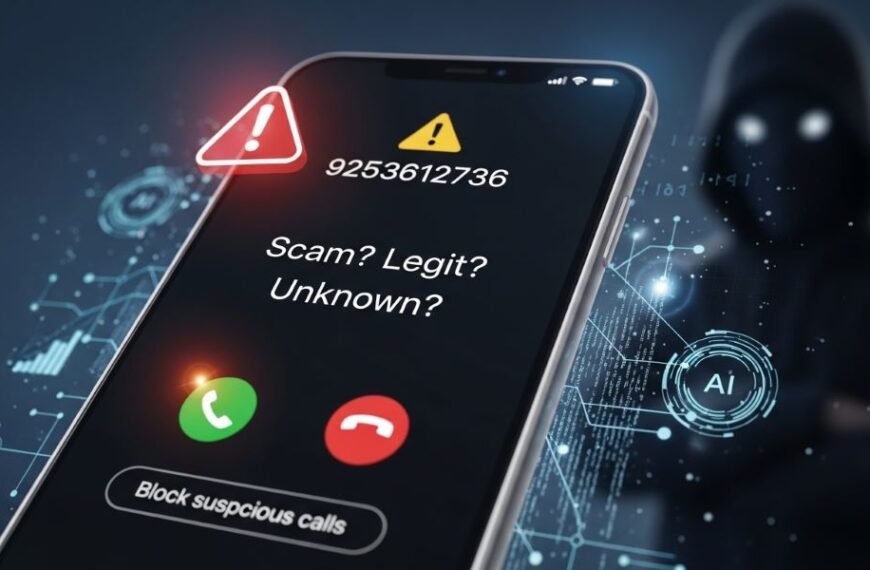FiveM is a popular modification framework for Grand Theft Auto V that allows players to create and join customized multiplayer servers. However, like any online gaming platform, it is vulnerable to cheaters and hackers who exploit weaknesses to gain unfair advantages. To maintain a fair and enjoyable experience for all players, server administrators must implement effective anti-cheat measures.
This article covers best practices for securing a fivem anticheat server against hackers, ensuring that players enjoy a balanced and competitive environment.
Understanding the Threat: How Hackers Exploit FiveM
Before implementing anti-cheat measures, it is crucial to understand the different types of cheating methods used in FiveM servers:
1. Lua Injection
Lua injection allows hackers to manipulate game scripts to modify in-game behavior. This can include spawning vehicles, giving themselves weapons, or even disrupting other players’ experiences.
2. Mod Menu Exploits
Hackers use mod menus to access various in-game cheats, such as teleportation, aimbots, and God mode. These menus can bypass basic server protections and require advanced detection methods.
3. Memory Tampering
By modifying game memory, cheaters can alter key values such as health, money, and vehicle stats. This can severely impact gameplay balance.
4. Trigger Events Exploitation
Many FiveM servers rely on custom scripts with trigger events. Hackers can manipulate these events to execute unauthorized actions, such as giving themselves unlimited money or bypassing cooldowns.
5. Packet Manipulation
By intercepting and modifying network packets, hackers can manipulate interactions between the client and server, leading to exploits such as lag switching or instant transactions.
Now that we understand the threats, let’s explore how to secure a FiveM server effectively.
Best Practices for Implementing Anti-Cheat in FiveM
1. Use a Reliable AntiCheat System
Investing in a robust anti-cheat solution is the first step in securing a FiveM server. Several third-party anti-cheat systems are available that provide real-time detection and prevention of common cheats. Some essential features to look for in an anti-cheat solution include:
- Detection of mod menus and Lua injections
- Server-side script verification
- Real-time banning and logging of cheaters
- Automatic updates to counter evolving threats
2. Regularly Update Server Scripts and Resources
Outdated scripts and server resources often contain vulnerabilities that hackers can exploit. To prevent this:
- Keep all server-side scripts up to date.
- Regularly check for security patches and bug fixes from script developers.
- Avoid using outdated or unsupported resources that could have unpatched vulnerabilities.
3. Implement Server-Side AntiCheat Measures
While client-side detection is essential, hackers can bypass it. Therefore, server-side validation is crucial. Some ways to strengthen server-side security include:
- Verifying Player Actions: Ensure that all critical actions (such as money transactions or spawning vehicles) are validated server-side.
- Limiting Trigger Events: Restrict who can trigger specific events and add security checks to prevent unauthorized execution.
- Monitoring Suspicious Activity: Implement logging systems to track unusual patterns, such as excessive money gains or frequent teleportation.
4. Restrict Client Modifications
Hackers often modify client files to bypass anti-cheat measures. To prevent this:
- Enable client file integrity checks to detect unauthorized modifications.
- Use encrypted resource files to make it harder for hackers to tamper with scripts.
- Disable unnecessary client-side scripting features that could be exploited.
5. Monitor and Ban Suspicious Players
A proactive approach to banning hackers can prevent them from ruining the server. Some effective techniques include:
- IP and Hardware Bans: Prevent repeat offenders from rejoining by banning their IP addresses and hardware IDs.
- Manual Moderation: Have server moderators review suspicious activity logs and issue bans accordingly.
- Automated Ban Lists: Use third-party ban lists that share information about known cheaters across multiple servers.
6. Enforce Strong Permissions and Roles
Not everyone should have access to sensitive server commands and scripts and fivem anticheat. To maintain security:
- Assign limited permissions to staff members.
- Use role-based access control to prevent unauthorized changes to server settings.
- Regularly review and update admin privileges to ensure only trusted individuals have access.
7. Use Discord and Community Reports for Detection
Your server’s player base can be a valuable resource in detecting hackers. Encourage players to report suspicious activity by:
- Setting up a Discord reporting channel for players to submit evidence of cheating.
- Rewarding players for legitimate hacker reports to encourage community engagement.
- Implementing an in-game reporting system for quick submission of suspicious behavior.
8. Prevent Money and Economy Exploits
One of the most common FiveM cheats involves manipulating in-game currency. To secure your economy:
- Implement server-side transaction validation to prevent unauthorized money transfers.
- Set transaction limits to flag suspiciously large or frequent transactions.
- Regularly audit player balances to identify potential exploits.
9. Obfuscate and Secure Server Scripts
Hackers often decompile or reverse-engineer scripts to find vulnerabilities. To prevent this:
- Use script obfuscation tools to make code harder to read and modify.
- Encrypt sensitive scripts and server-side logic.
- Minimize the number of open-source scripts that can be easily exploited.
10. Test Your AntiCheat System Regularly
Anti-cheat systems should be continuously tested and improved. Some ways to test effectiveness include:
- Simulating common cheats to see if your security measures detect them.
- Running penetration tests with ethical hacking techniques.
- Gathering feedback from players about potential vulnerabilities they encounter.
Conclusion
Creating a hacker-free environment in FiveM requires a multi-layered approach that includes strong anti-cheat systems, server-side validation, community involvement, and continuous monitoring. No system is 100% cheat-proof, but by implementing these best practices, server administrators can significantly reduce hacking incidents and provide a fair, enjoyable experience for all players.






